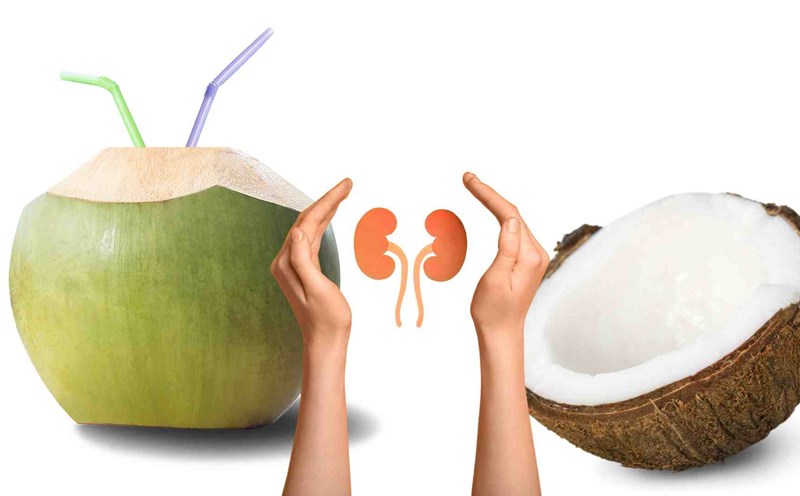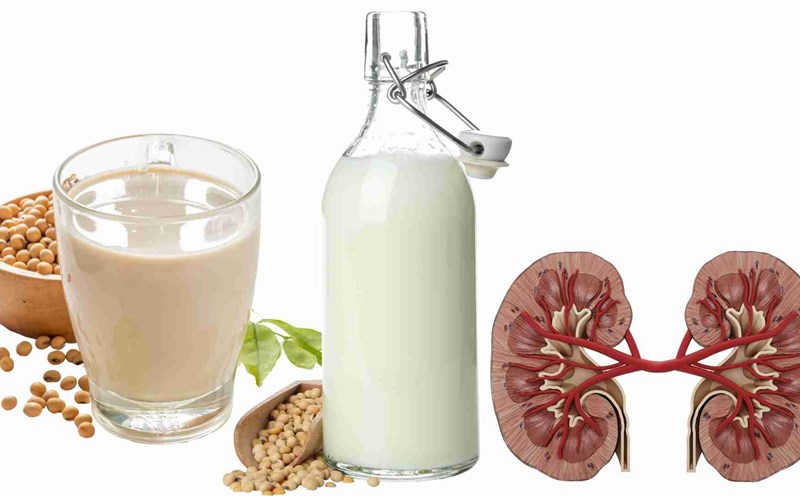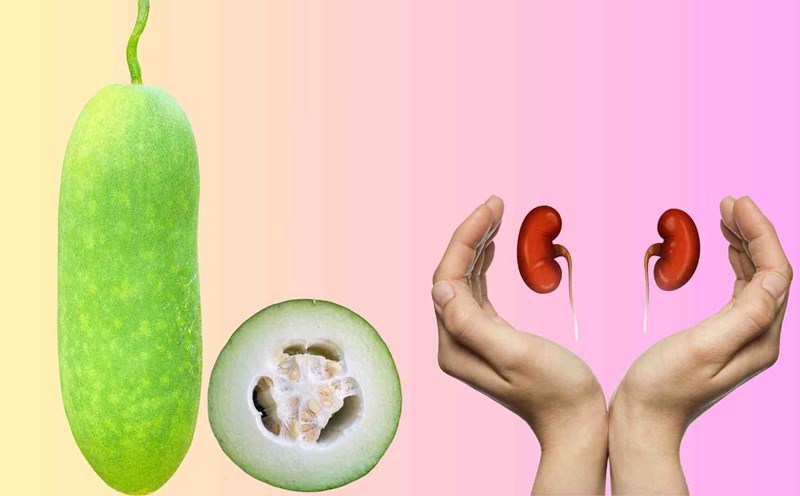The kidney is an important organ that helps filter the blood and eliminate toxins. However, some chronic diseases can cause serious damage, leading to kidney failure if not well controlled.
Diabetes
Diabetes is considered the number one enemy of the kidneys. Long-term high blood sugar will damage the renal cau - the part responsible for blood filtration, leading to urinary protein and kidney failure.
High blood pressure
High blood pressure is also a common cause of kidney disease. The higher the blood pressure, the greater the pressure on the small blood vessel system in the kidneys, making them susceptible to stiffness and damage. Every time the center-level blood pressure increases by 10 mmHg, the risk of chronic kidney disease increases by about 13%.
High uric acid and gout
High uric acid and gout are also significantly affected. When uric acid crystals accumulate in the kidneys, they can form stones or cause kidney disease due to uric acid. Prolonged high uric acid levels also promote kidney fibrosis. Studies by the American Journal of Nephrology show that increased uric acid in the blood is closely related to the progression of chronic kidney failure, so controlling uric acid not only helps prevent joint pain but also protects kidney function.
Heart disease
Heart disease is also closely linked to kidneys. When the heart is weakened, the ability to pump blood decreases, the amount of blood to the kidneys also decreases, leading to "heart - kidney syndrome".











